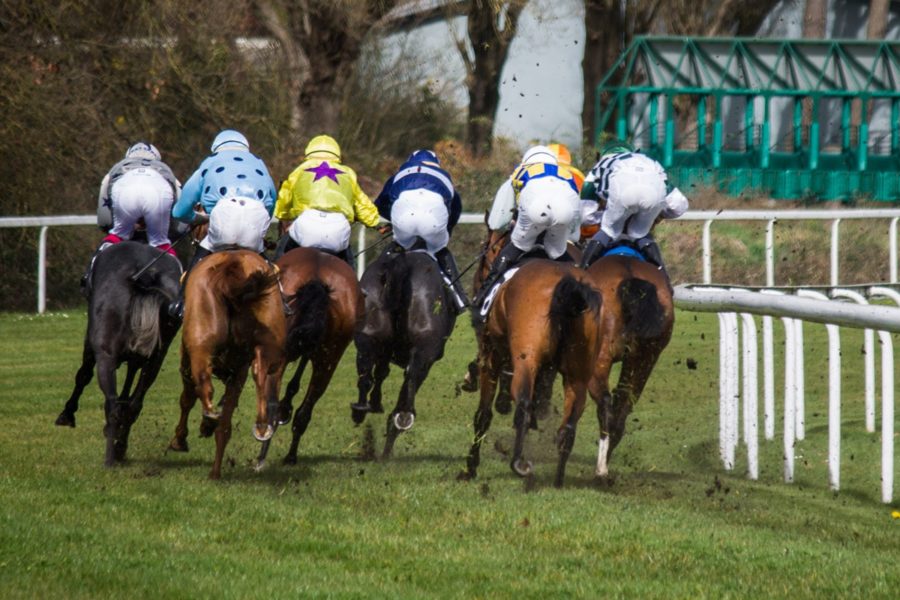US thoroughbred racing records 3% decline in bets in 2024

The report says total wagers fell to $11.26bn over the past 12 months
US.- The horse racing industry continues to seek a comeback after wagering on thoroughbred horse races in the United States declined in 2024.
According to Ray Paulick of the Paulick Report and Equibase, the industry’s official database, wagering on thoroughbred races in the U.S. last year totalled approximately $11.26bn. That represented a 3.35% decline from 2023 when betting exceeded $11.65bn.
Thoroughbred racing is the most popular form of the sport stateside, with the Triple Crown consisting of the Kentucky Derby, Preakness Stakes and Belmont Stakes. Along with the three races, the Grand Slam of Thoroughbred racing additionally includes the Travers Stakes and Breeders’ Cup Classic.
See also: Gambling affordability checks: Gamban co-founder supports call for horseracing exemption
There were 2.4% fewer race days across the nation at 3,787 and the total number of races declined 2.8% to 30,852. Parimutuel wagering hit a record high in 2003 when bets totalled over $15.1bn, or an inflation-adjusted $25.7bn.
In addition, several states, including Massachusetts, New York, and Pennsylvania, direct substantial tax revenue generated by their commercial casinos to their horse racing industries.
In Pennsylvania, casinos have subsidised horsemen to the tune of more than $4bn since the first slot machines were turned on in the commonwealth in 2004. Nebraska is taking a page out of Pennsylvania’s playbook in hopes of saving its own horse racing market. In 2020, Nebraskans approved a statewide ballot referendum authorising racetrack casinos with slot machines, table games and sports betting.
While most of the state tax benefit will be used for property tax relief, the thinking is that casinos will bring back patrons to Nebraska racetracks. Several of the casinos are building new racecourses and grandstands in part of their resort destinations.
In Virginia, lawmakers in 2018 legalised historical horse racing (HHR) machines, slot-like terminals that are actually parimutuel wagering devices. The gaming expansion saved the Colonial Downs Racetrack, with players wagering more than $4bn annually on the machines.
HHR has found favour in recent years in other states that have parimutuel betting but not commercial casinos, including Kentucky and Alabama. But while the gaming benefit allowed horse racing purses nationwide to tick upwards in 2024 to over $1.3bn, an increase of about a half-percent, the Equibase data shows that casino gamblers aren’t being converted to horse racing bettors.











